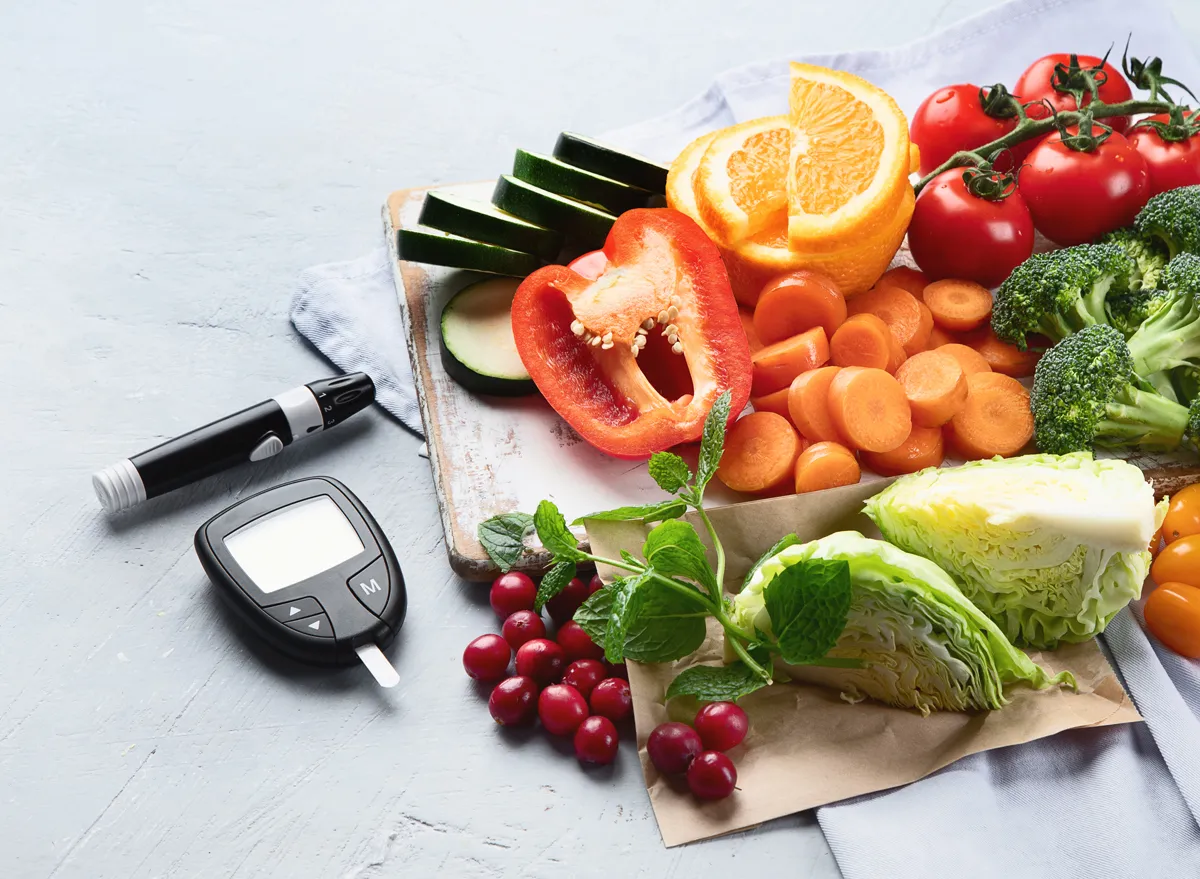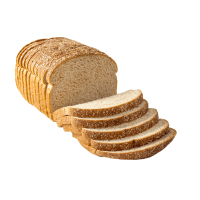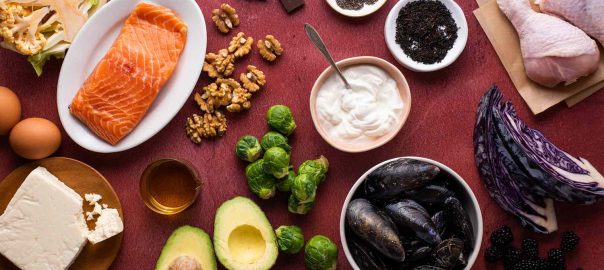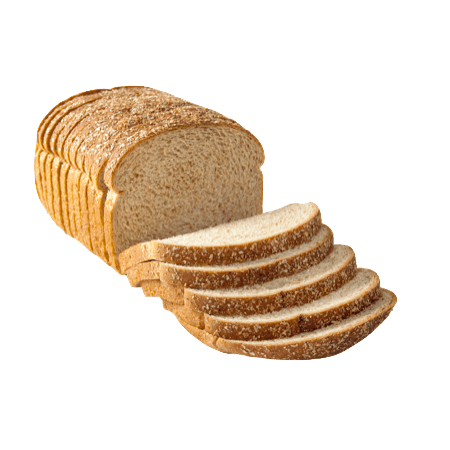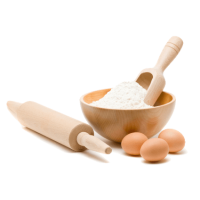Managing Diabetes with a Low Carb Diet: Health Benefits and Considerations
Manage your Diabetes with Low Carb Foods
Diabetes is a chronic health condition that affects millions of people in the world. Depending on the type of diabetes, your body either can’t use insulin effectively or cannot make enough of it. Managing diabetes through medication and diet is crucial to prevent serious complications such as stroke, heart disease, kidney failure, or nerve damage. One effective diet approach gaining traction in diabetes management is adopting a low carb diet. Below, we’ll cover how diabetes impacts blood sugar regulation, the role of carbohydrates in blood sugar levels, and the possible benefits of a low carb diet for diabetics.
Understanding Diabetes
Diabetes disrupts the body’s ability to properly regulate blood sugar levels. Normally, when we eat carbohydrates, our body breaks them down into glucose. Glucose then enters the bloodstream, and the pancreas releases a hormone called insulin. Insulin helps cells absorb glucose for energy or storage.
Blood sugar levels always remain within a controlled range for those living without diabetes. Diabetics’ bodies cannot regulate blood sugar levels in the same way. Too high or too low blood sugar levels can lead to serious health consequences if not properly managed.
The Impact of Carbs on Blood Sugar
Carbohydrates have the most significant impact on blood sugar levels in comparison to fats or proteins. This is because they are more rapidly broken down into glucose, causing a sharp rise in blood sugar levels. Therefore, people living with diabetes may need to take larger doses of their medication or insulin to control their blood sugar when eating lots of carbohydrates.
There are resources available to help you make informed dietary choices, such as the Glycemic Index (GI). GI is a scale that ranks carbohydrates based on the speed in which they raise your blood sugar levels. High GI foods include white bread, sugary snacks, soft drinks, white rice, and potatoes. Low GI foods include green vegetables, whole grains, chickpeas, and lentils. Low GI foods lead to a slower, more gradual increase that is safer for diabetics.
The Glycemic Index Scale:
- Low Glycemic Index: 1 to 55
- Medium Glycemic Index: 56 to 69
- High Glycemic Index: 70 or higher
If you wish to begin following a low GI diet, your diet containing carbs should be limited to low-GI food choices. You may also hear carbs referred to as slow or fast carbs. Slow carbs are low GI foods, with fast carbs being high GI foods. This is because foods with a high GI are absorbed by your body in a short time, and low GI foods are absorbed by the body more slowly.
You can find Glycemic Index calculators online, like this one, to help you make informed dietary choices.
The Benefits of a Low Carb Diet for Diabetics
- Better Blood Sugar Control
By reducing carbohydrate intake, diabetics can better manage their blood sugar levels, helping to prevent spikes and crashes throughout the day. This will also help reduce the risk of long-term complications associated with poorly controlled diabetes.
- Reduced Need for Medications
Some diabetics may be able to reduce their reliance on medications, including insulin, by following a proper low carb diet. With improved blood sugar control, diabetics may require lower doses of their medications, or even eliminate the need for it.
- Potential Weight Loss
Obesity is a risk factor for developing type 2 diabetes. Low carb diets have been shown to be effective in aiding weight loss for diabetics, pre-diabetics, and those looking to shed excess weight. Diabetics can improve insulin sensitivity and better manage their condition if they can lose excess weight.
Low carb diets may also help lower your blood pressure and cholesterol levels.
Low Carb Diet Management
Rather than eliminating all carbs from your diet, many doctors recommend introducing nutrient-dense, high-fibre carbs, and whole foods, while limiting refined carbohydrates and added sugars.
An intake of carbs between 20-90 grams per day can be effective at managing blood sugar levels for people with diabetes. However, it’s important to speak with your healthcare professionals and test your blood sugar levels regularly to find what amount works best for you.
In plant-based foods, carbs are comprised of fibre, starch, and sugar. The fibre component does not raise blood sugar, only the starch and sugar components. Both soluble and insoluble fibre does not turn into glucose in the body. Therefore, you can subtract fibre from the total carb count of food to find out the net carb amount. For instance, 100 grams of raw spinach contains 3.6 grams of carbs. However, 2.2 grams of that 3.6 grams are fibre, leaving you with 1.4 grams of net carbs.
Here are some examples of low carb foods that are suitable for diabetics:
- Non-starchy vegetables such as leafy greens, cauliflower, bell peppers, and broccoli
- Lean proteins such as chicken, eggs, turkey, and tofu
- Healthy fats such as avocados, seeds, nuts, and olive oil
- Whole grains such as oats, wild or brown rice, bulgur, and quinoa
- Low-glycemic fruits such as berries, citrus fruits, and apples
How to Incorporate a Low Carb Diet into Your Life
You must focus on eating whole foods that contain lots of nutrients while eating a low carb diet. It is also important that each meal contains enough protein and healthy fats. These foods include meat, seafood, low carb meat alternatives such as tofu, eggs, cheese, avocados, and healthy oils such as olive or coconut.
Foods to Avoid on a Low Carb Diet
- Starchy vegetables such as yams, potatoes, sweet potatoes, and taro
- Simple carbs such as bread, pasta, corn, and cereal
- Milk
- Beer
- Sugary snacks or treats such as desserts, candy, ice cream, and pastries
- Sweetened beverages such as juice, soda, iced tea, and more
Many different meal plans can fit into a low carb diet depending on your food preferences. Your daily carb intake should be spread out between meals, and not consumed all in one meal.
To help you easily transition into a low carb diet that is sustainable and successful, we’ve shared some of our favourite low carb recipes here:
- Warm Up with Healthy & Hearty Low Carb Soups
- Power Up with Healthy Low Carb Egg Breakfasts
- New Ways to Build Healthy Low Carb Lunch Kits
- Healthy Low Carb Snacks
Diabetes Canada also has a 7-day meal plan to help you get started.
Diabetes Management Isn’t One Size Fits All
It’s important to recognize that not all individuals with diabetes will respond the same way to a low carb diet. Personalized nutrition is key for all individuals, taking into account factors such as age, weight, activity level, medication use, and overall health status.
Consulting with a registered dietitian or health care professional is always recommended, as they can help tailor a low carb eating plan that meets individual needs while ensuring adequate nutrient intake.
Risks and Considerations of a Low Carb Diet
While a low carb diet can offer significant benefits for many diabetics, there are some risks and considerations to be aware of.
Hypoglycemia
Reducing carbohydrate intake can sometimes lead to low blood sugar levels, especially if your diabetes medicine has not been adjusted accordingly. Make sure to monitor your blood sugar levels regularly and speak to your healthcare team before making significant diet or lifestyle changes.
Nutrient Deficiencies
Cutting out certain food groups, particularly whole grains, and fruits, may increase the risk of nutrient deficiencies if not replaced with nutrient-dense alternatives. Diabetics should focus on a varied diet that includes a wide range of whole foods to ensure adequate nutrient intake.
Ongoing Diabetes Research
Research on the effects of low carb diets for diabetes management is ongoing, with several studies suggesting promising results in improving glycemic control and reducing medication use in type 2 diabetes. However, more long-term studies are needed to fully understand the impact of low carb diets on diabetes outcomes and to identify the most effective dietary approaches for individual patients.
Managing diabetes is a complex endeavor that requires a multifaceted approach, including dietary modifications. For many diabetics, adopting a low carb diet can offer significant benefits, including better blood sugar control, reduced medication needs, and potential weight loss. However, it’s crucial to approach dietary changes with caution, considering individual needs, potential risks, and ongoing research in the field. By working closely with healthcare professionals and making informed choices, diabetics can take control of their condition and improve their overall health and well-being.
Gradual Lifestyle Changes Promote Success
Transitioning to a low carb diet should be done gradually to allow the body to adapt and prevent potential side effects such as fatigue, headaches, or digestive issues. Sudden drastic changes may also be difficult to sustain long-term.
Our website features many recipes, blogs, and products to help you easily transition into a delicious and easy-to-follow low carb lifestyle.
Here are some helpful resources to help you get started.
- Low Carb Foods
- Essential Ingredients for Low Carb Baking
- Complete Guide to Creating a Low Carb Shopping List
Browse our complete range of moderate carb products.
Ready for dinner? Explore some delicious options below!
- Delicious Low Carb African Recipes
- Discover Low Carb Scandinavian Dishes
- Keto And Low Carb Thai Food Dishes
We hope you’re inspired to continue your quest for better health with the help of Low Carb Grocery.
More Low Carb Lifestyle Articles
Top Snack Foods
Discover the ultimate guide to keto and low carb snacking! We’ve compiled our favourite snacks and sweets that are both delicious and diet friendly! From chocolatey treats to savoury bites, we’ve got something for everyone!
Zero Carb Foods
Maintaining a low carb diet can be challenging, but with the right foods, it doesn’t have to be. This article is packed with product recommendations to help you stay on course. Discover how to fully embrace a keto or low carb diet with delicious meals that satisfy every craving.
Is Going Low Carb Healthy?
Interested in making the switch to a low carb diet but worried about adverse health effects? Learn more about the role that carbs play in your diet and how they affect your overall health and fitness goals to determine if a low carb diet is the right choice for you.
30 Low Carb Foods
Looking for delicious and satisfying meals that fit into your low carb lifestyle? Explore our list of 30 healthy low carb foods, including pantry staples and specialty products.
Getting Started with Keto
The keto diet, as it is commonly known, has surged in popularity due to the dramatic results that people have experienced. However, there remains some skepticism about how it works from those who are new to high-fat and high-protein eating. Learn more about this diet here.





